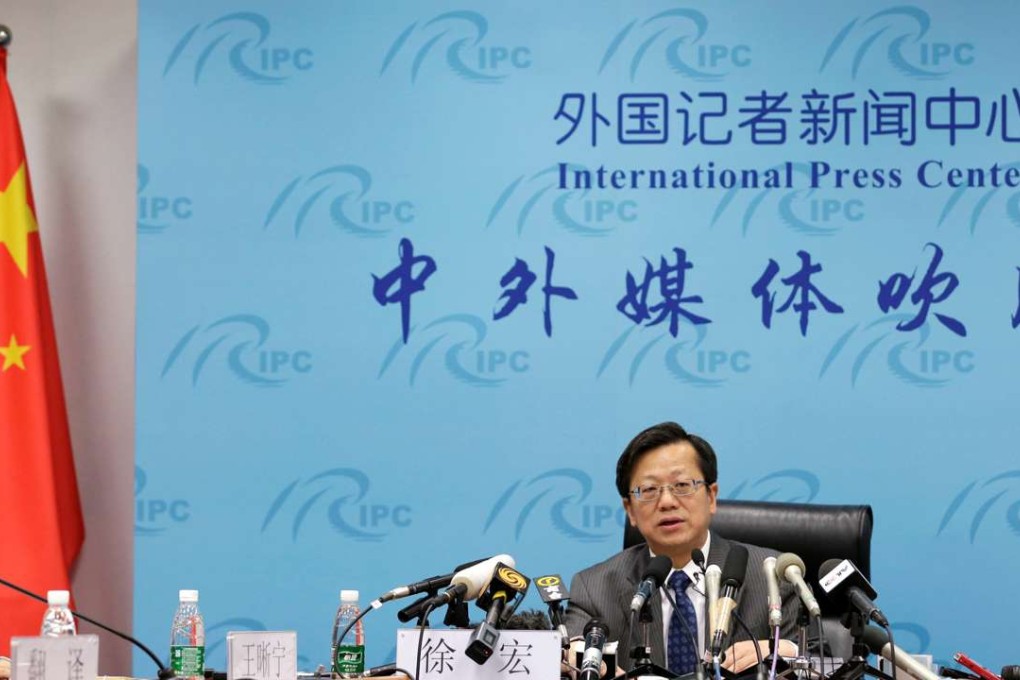China brands international court hearings passing judgement on its claims in South China Sea an ‘orchestrated show’
Foreign ministry steps up rhetoric against the tribunal in The Hague ahead of its ruling on China’s territorial claims in the region

China has stepped up its confrontational rhetoric before an international court ruling over a South China Sea dispute, calling it “an orchestrated show” aimed at undermining its sovereignty.
Xu Hong, director-general of the treaty and law department at the foreign ministry, on Thursday lashed out at the Philippines and the Permanent Court of Arbitration in The Hague, which is considering its ruling after Manila brought the case against China.
“From a legal perspective, the case is a normal legal proceeding between China and the Philippines, no matter what the different opinions held by the two countries,” Xu said.
“But what we are seeing now is a clearly staged show, with not only leading and supporting actors, but also those disguising themselves as the audience echoing and colluding with each other.
Showdown in the South China Sea: how ruling by Permanent Court of Arbitration may play out in Asia
“Do you still believe it is purely an international law matter or everything that’s happening is just a coincidence?” he asked, referring to support for the Philippines from the United States, the European Union and other Western nations. “No matter how loud those noises are, the views expressed by a small clique of Western nations cannot represent the entire international community.”